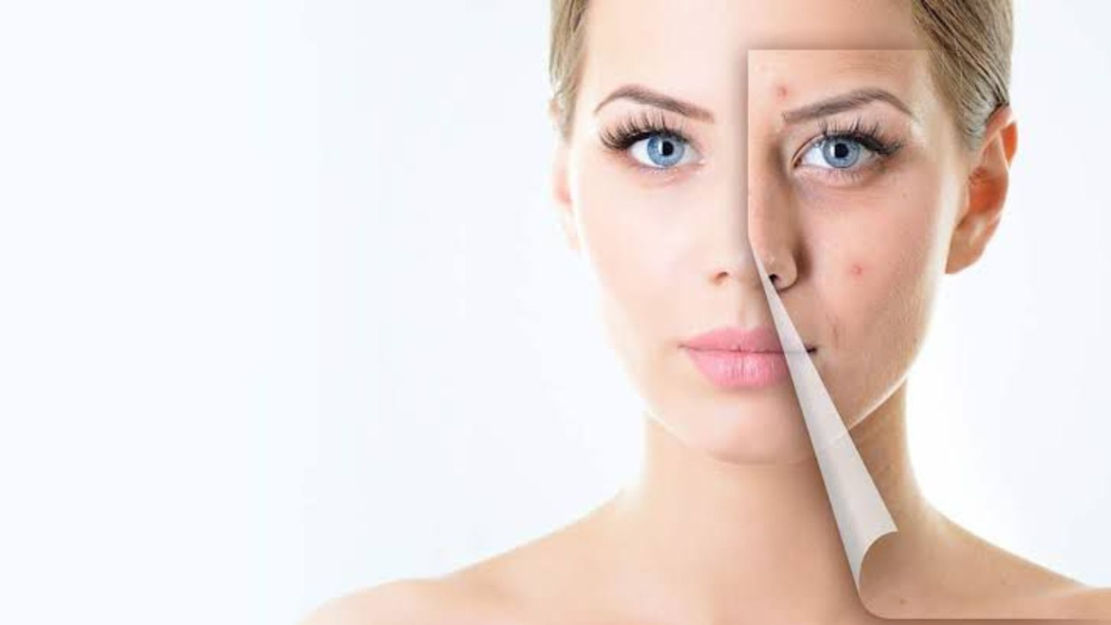
Acne scars can affect the texture of the skin and even one’s self-esteem, reminding them of breakouts. Researchers are quick to point out that although these scars may seem impossible to get rid of, they can be significantly improved with the right skincare routine, patience, and consistency. According to research, a few recommendations can help you properly treat tough acne scars.
- Begin by wearing sunscreen: When it comes to acne scars, sunscreen is a must. Scars may become darker as a result of UV exposure, increasing their visibility and difficulty in fading. Even while you’re indoors, wear broad-spectrum sunscreen with at least SPF 30 every day. To prevent clogging pores, choose a non-comedogenic product.
- Gentle cleansing: Use a gentle, non-sulfate cleanser at the beginning of your routine to remove oil and grime without irritating your skin. Avoid harsh scrubs, which will only make irritation and scars worse. Look for cleansers containing glycolic or salicylic acid to help remove dead skin cells and help prevent future breakouts.
- Exfoliate regularly: Chemical exfoliants like BHAs, salicylic acid, and AHAs, glycolic acid can help turn over cells and remove dead skin cells. This reduces the discoloration of acne scars and evens out their texture. Use exfoliants 2-3 times a week, depending on how well your skin can tolerate it.
- Use Retinoids to promote Skin Renewable: Retinoids which are derivatives of Vitamin A, work well in scar reduction and also improve skin texture. It induces skin regeneration and stimulates the synthesis of collagen. To avoid irritation, begin with a low concentration and gradually increase it.
- Hydrate and repair: For skin restoration and maintaining a healthy barrier, moisturizing is important. To hydrate without clogging pores, use a mild, non-comedogenic moisturizer that contains ceramides or hyaluronic acid.
- Consider professional care: OTC medications may not be sufficient for deep or stubborn scars. A dermatologist can recommend advanced treatments such as
- Chemical peels: This is when the outermost layer of the skin is removed, enhancing the appearance of the scars.
- Micro-needling: Tiny punctures in the skin will induce collagen formation.
- Laser Therapy: Encourages healing of the skin and addresses pigmentation.
- Fillers: They make the skin even and fill out the depressed marks.
On the basis of research the above steps could help cure acne but a dermatologist recommended routine can aid in returning smoother, more balanced skin even when acne marks may seem impossible to mend. For more information regarding professional treatments for severe acne, see a dermatologist. A customized skincare program can mean goodbye to marks and hello to restored self-confidence.


















